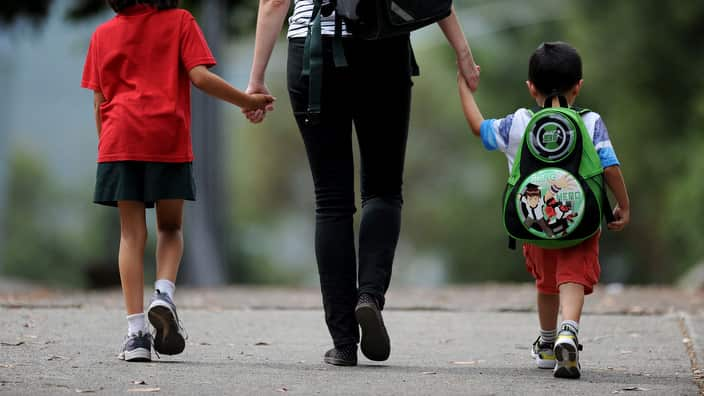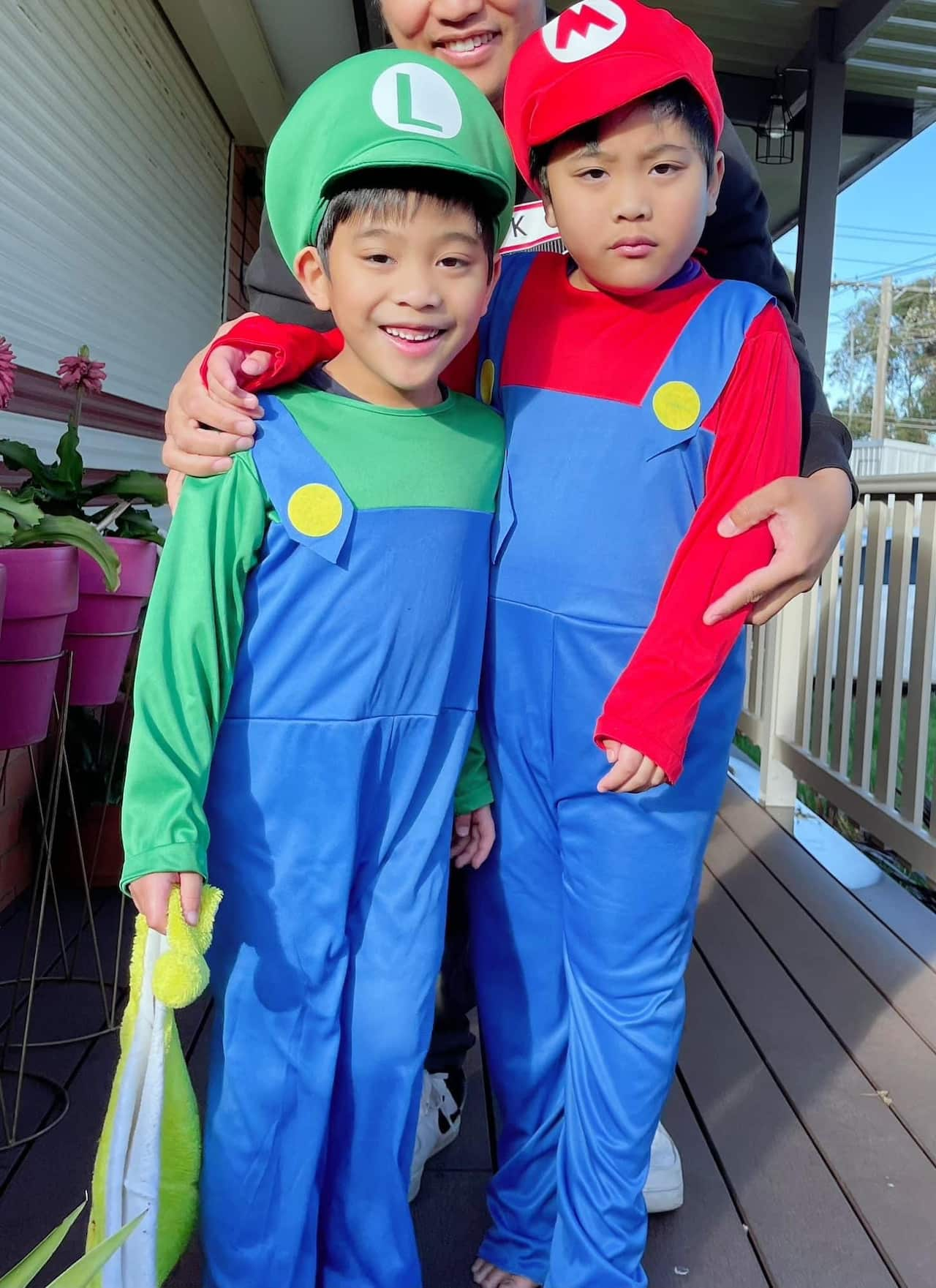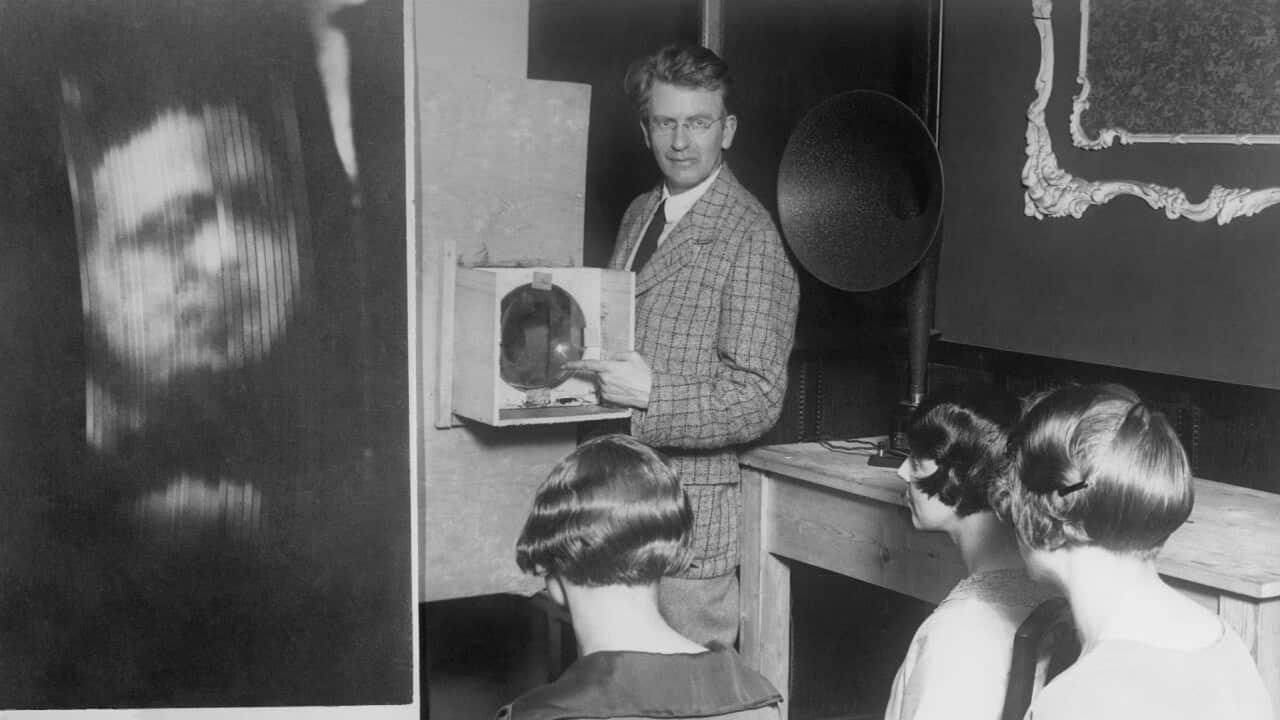Key Points
- Minette Sales, emphasizes the importance of taking care of her mental health in order to properly care for her twin boys who have autism
- The family receives support from the government, including NDIS funding for therapy sessions and support workers, as well as assistance from the Department of Education for their special school needs
- The Australian government is planning federally funded interventions for children with early signs of autism, with a budget of over 22 million dollars allocated for a pilot program focused on family-centered interventions
- The aim is to provide early support that can lead to lasting benefits for both the children and their families
Melbourne, Victoria - In the heart of Melbourne, Victoria, Minnette Sales stands as a resilient figure, epitomizing the unwavering strength of a mother. As the mother of eight-year-old twin boys, Rafael and Miguel, both diagnosed with autism, Minnette's journey highlights the critical need for support and the positive impact of the Australian government's new program.
Minnette recalls the challenges she faced when her sons' autism was first discovered. "It was very hard to accept because when I gave birth to my boys, they were premature, born at just 28 weeks. After a couple of years, we noticed signs of autism and developmental delays as they grew older," she shares.

Like many parents in similar situations, Minnette had to make significant adjustments to her life. She was compelled to leave her full-time job, and her husband's work hours were limited to accommodate the children's needs. The constant care and attention required by her twins became a 24/7 responsibility, impacting their family dynamics.
However, Minnette found solace in the support provided by the National Disability Insurance Scheme (NDIS) and the Department of Education. Through the NDIS funding, her boys receive assistance for therapy sessions and the presence of support workers who aid the family in their daily activities. The funding from the Department of Education enables her children to attend a special school tailored to their needs.

Reflecting on the government's new program, Minnette expresses her gratitude, stating, "This additional support is a significant help for our family. My hope is that, in the future, my children will be able to function as individuals within the community and lead fulfilling lives."
The recently launched pilot intervention program, a part of the national strategy, aims to identify and provide early support for children showing early signs of autism. With an allocated budget of over 22 million dollars, the program is expected to benefit approximately 1,500 children between nine months and fourteen months old.
Amanda Rishworth, the Minister for Social Services, emphasizes the importance of evidence-based policy to ensure effective outcomes. The government aims to evaluate the program's success and expand it further if it proves beneficial for parents and children.

While the program has garnered mixed reactions from the neurodiversity community, Autism Awareness of Australia CEO, Rob Anderson, appreciates the initiative's potential positive impact during the early stages of autism. He acknowledges the value of early intervention in creating lasting benefits for children and their families.
The program's launch aligns with the ongoing efforts of the Autism Oversight Council, which aims to develop a national strategy to address various aspects of autism, including education, employment, and societal stereotypes. By implementing a comprehensive roadmap, the government seeks to combat challenges faced by individuals with autism and promote inclusivity.
As Minnette continues her journey as a dedicated mother, her story represents the resilience and determination of countless parents facing similar circumstances. The government's commitment to providing comprehensive support through the new program and national strategy offers hope for a brighter future for children with autism and their families.
The convergence of Minnette's unwavering determination and the government's efforts exemplifies the power of collective action in improving the lives of individuals with autism. With continued collaboration and support, Australia moves closer to creating a society that embraces diversity, breaks down barriers, and empowers every individual to thrive.




